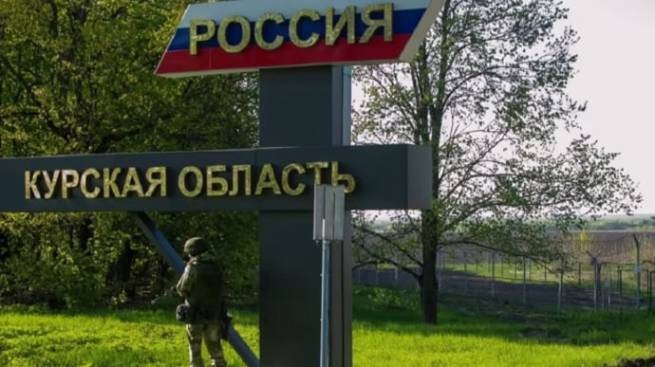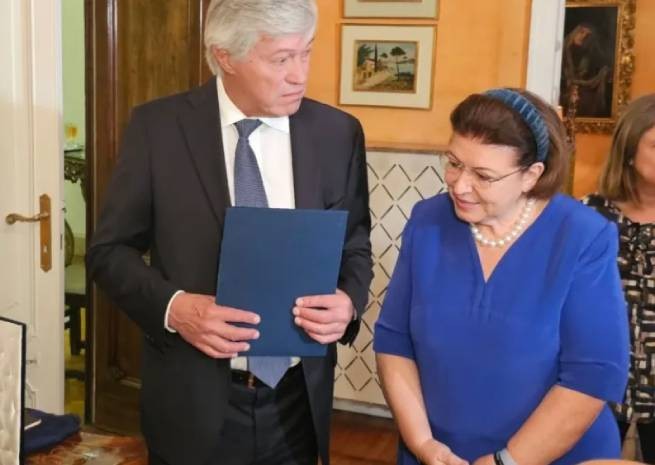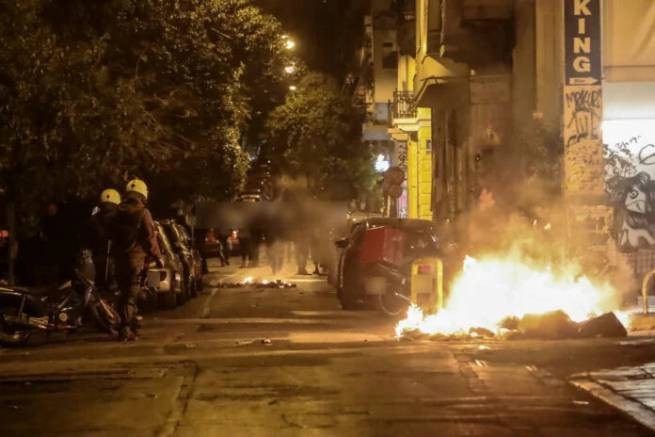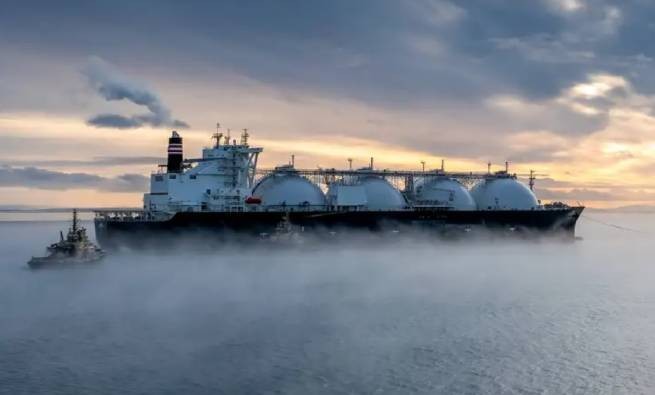The countries of the European Union could not agree on the reaction of the entire bloc to the rise in energy prices at an emergency meeting of government ministers on Tuesday. At the same time, some of them are seeking a revision of the regulatory framework, while others are categorically opposed.
European gas prices hit and remain at an all-time high this fall, prompting most EU countries to take emergency measures such as price caps and subsidies to cut consumers’ electricity bills.
However, governments are struggling to agree on a longer-term plan to mitigate fluctuations in fossil fuel prices, which Spain, France, the Czech Republic and Greece believe warrant a more serious shake-up in EU energy markets.
“There was no agreed position on whether to take intervention measures at the EU level and apply them in all member states,” said Slovenian Infrastructure Minister Ernej Vrtovec, whose country holds the EU presidency, after the meeting.
At a meeting on Tuesday, Spain put forward arguments in favor of joint gas purchases by EU countries and suggested that individual countries should be able to abandon the EU’s electricity pricing system.
These proposals have met with resistance from other states, which fear the revision of EU energy legislation in response to what they call a short-term price crisis.
Nine countries, including Germany, Europe’s largest economy and largest electricity market, issued a joint statement ahead of the meeting saying they will not support EU electricity market reforms. “This will not be a means of mitigating the current rise in energy prices associated with fossil fuel markets,” they said.
The European Commission is analyzing the structure of the European electricity market and collecting evidence of the behavior of gas suppliers after some countries accused Russia’s Gazprom of manipulating the market to raise prices. The Commission will also assess the pros and cons of joint gas purchases by the EU countries. “There are many issues to consider – who will pay the costs of purchasing and storing gas, how gas will be transported from different regions,” said EU Energy Commissioner Kadri Simson. Luxembourg Energy Minister Claude Turmes noted that Spain “promised too much, saying that joint gas purchases will solve the crisis.”
Less than a week before the COP26 international climate change summit, the surge in energy prices has also increased tensions between EU countries as they prepare to negotiate new policies to tackle climate change, including higher tax rates on polluting fuels.
Hungarian Prime Minister Viktor Orban last week called the plans “utopian fantasy”, contradicting the position of other states that high prices for fossil fuels should trigger a faster transition to locally produced renewable energy sources with low emissions.
Meanwhile, Hungary receives gas from Russia under a long-term contract and at a significantly lower price. Gas supplies along the new route began via the Turkish Stream, bypassing Ukraine, on October 1, after the signing of a long-term agreement between Russia and Hungary. It is noted that up to 4.5 billion cubic meters will be supplied to Hungary under contracts signed for 15 years. m annually. The exact price was not disclosed, but it is known that it is at least several times cheaper than the current exchange prices.
The Turkish Stream gas pipeline, which carries Russian gas across the Black Sea to Turkey and further to southern Europe, went into operation in January 2020. Turkey, Bulgaria, Greece, Macedonia and Romania were the first to receive gas through it. Since the beginning of 2021, Serbia has received gas via the new route, as well as Bosnia and Herzegovina, then Hungary and Austria.






More Stories
140 new 'green' buses are running in Athens
Medicines: rising costs for citizens
BRICS and G7: New Energy Race and Struggle for Resources